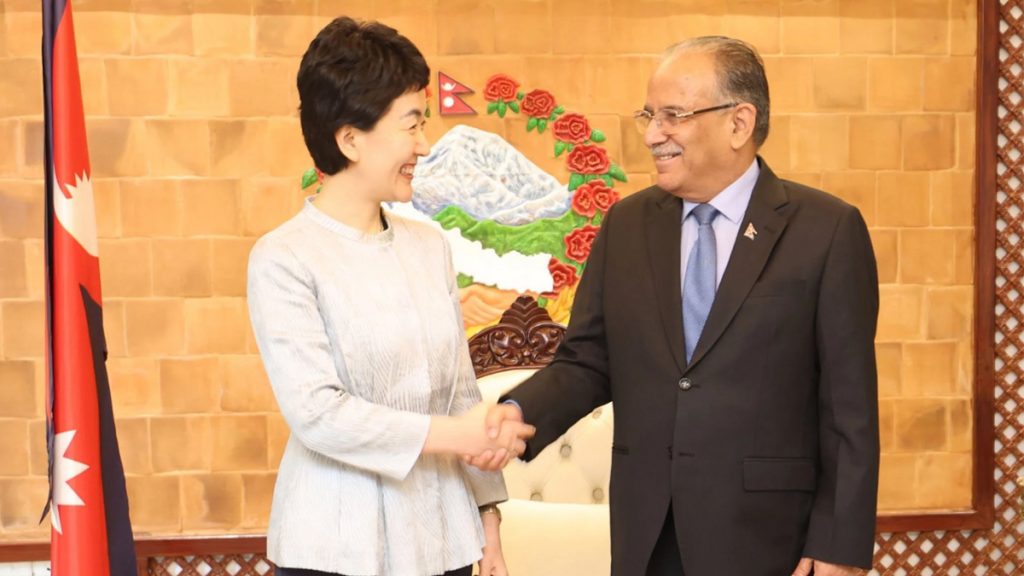Nepal's Soil Importance Wanes Amid Criticism of Leadership Passivity

In a recent publication by Nepal Aaja's Nepali edition, concerns are raised regarding the diminishing significance of Nepali soil and the perceived timidity of Nepali leadership when confronted with foreign influence.
Since the establishment of the Republic of Nepal in 2008, the report alleges a troubling trend of leaders exhibiting passivity in dealings with foreign powers, particularly China. This purported lack of assertiveness, according to the report, has resulted in a loss of national pride and a decline in the reverence for Nepali soil.
Pokhara Airport Inauguration Raises Eyebrows:
The report highlights the inauguration of the Pokhara International Airport on January 1, 2023, as a contentious example. During the ceremony, the Chinese Ambassador reportedly asserted the airport's connection to China's Belt and Road Initiative (BRI). This assertion contradicted the Nepali government's official stance, which insisted that the project was solely financed by Nepal with a Chinese loan.
Despite initial refutations by Nepali authorities, no further action was taken, indicating, as the report argues, a broader pattern of acquiescence to foreign interference.
Criticism of Chinese Diplomatic Influence:
The report also scrutinizes the recent visit of Sun Haiyan, Deputy Minister of the International Department of the Communist Party of China (CPC). Ms. Haiyan purportedly conducted separate meetings with key political figures and engaged in discussions with representatives from various political factions.
Expressing concern over Chinese involvement in Nepal's internal affairs, the report alleges that Ms. Haiyan's activities were aimed at swaying Nepal's relationships with other nations, notably India. Furthermore, Nepali intellectuals are criticized for their perceived failure to challenge what is described as "blatant diplomatic overreach" by Chinese officials.
Urgent Call for Action:
Concluding, the report urges Nepali leaders to adopt a more assertive stance in dealing with foreign powers and stresses the importance of preserving national pride. Whether this publication will catalyze a broader discourse on Nepal's foreign policy and its role in protecting national interests remains to be seen.
China In Nepal



![From Kathmandu to the World: How Excel Students Are Winning Big [Admission Open]](https://nepalaaja.com/img/70194/medium/excel-college-info-eng-nep-2342.jpg)
